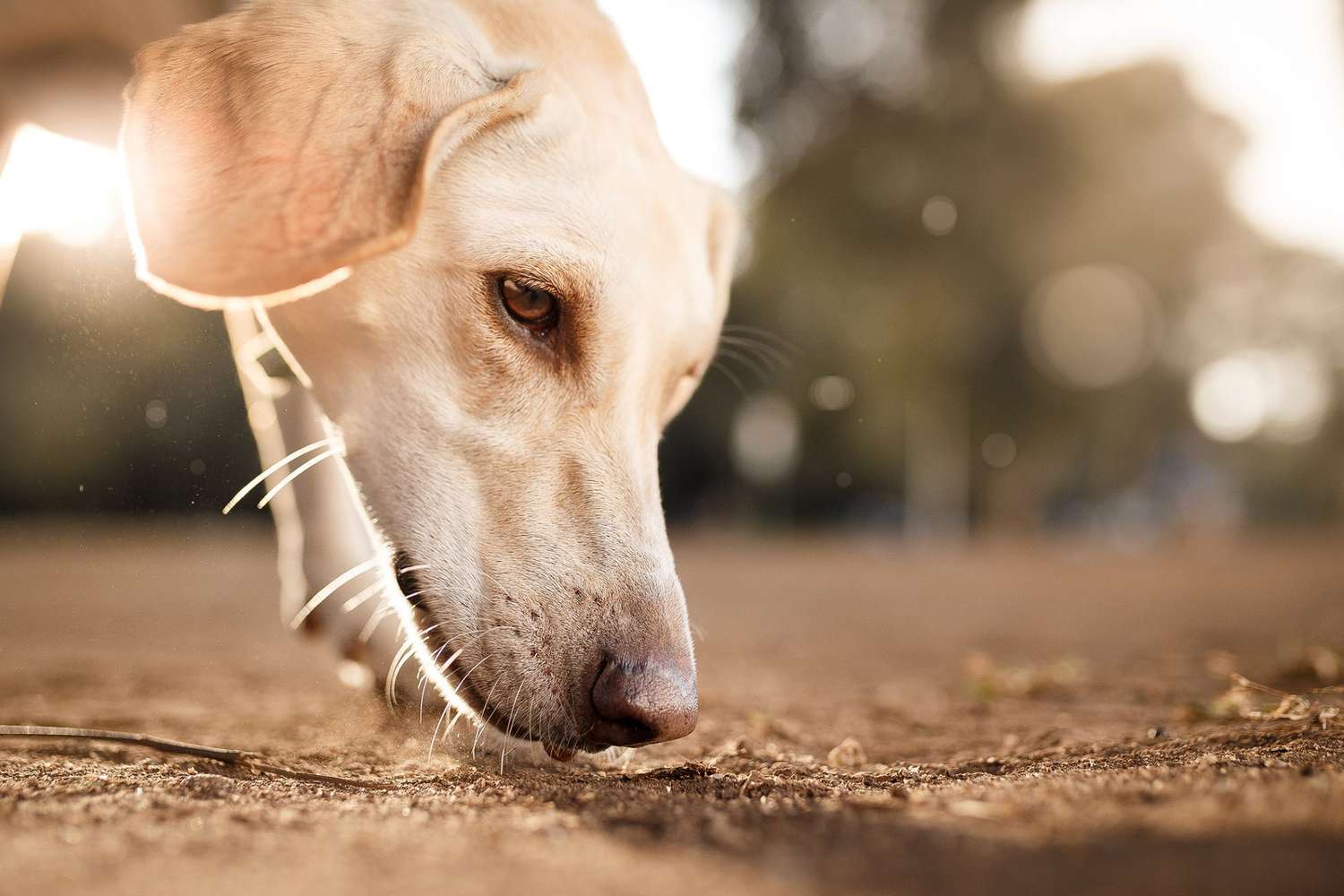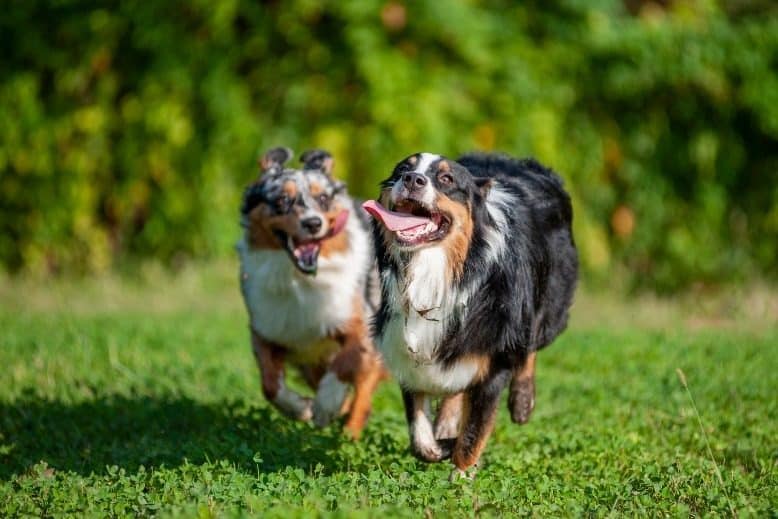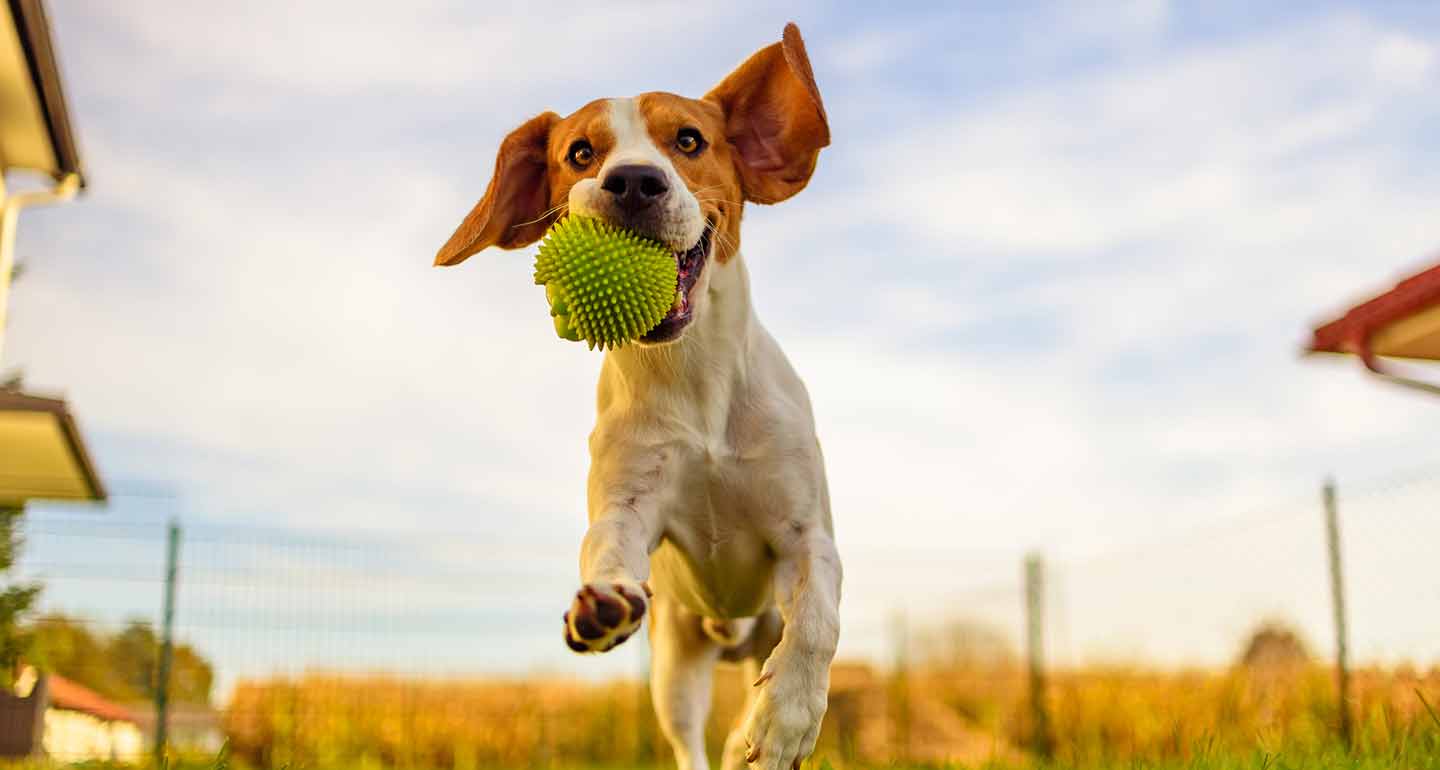In the world of dog training, there’s one method that stands out for its ability to engage a dog’s natural instincts, stimulate their brain, and enhance their overall well-being: nosework training. Far beyond just a fun activity, nosework taps into a dog’s incredible sense of smell, providing mental and physical enrichment that can benefit dogs of all ages and breeds. In this blog, we’ll delve into the world of nosework training, exploring its benefits for general training and how it’s utilized professionally.
The Power of Nosework Training for General Canine Development
Nosework training, often referred to as scent work, is a canine activity that harnesses a dog’s remarkable olfactory abilities. Dogs have an extraordinary sense of smell, with up to 300 million olfactory receptors compared to a human’s mere 5 million. This innate ability makes them perfect candidates for nosework training.
One of the primary benefits of nosework training is its ability to provide mental stimulation for dogs. Engaging in scent work requires dogs to use their brains actively, deciphering and following various scents to locate hidden objects or treats. This mental exercise can tire out even the most energetic dogs, making it an excellent outlet for mental energy and preventing boredom-induced behavior problems.
Nosework training is incredibly versatile and can be tailored to suit dogs of all ages, sizes, and abilities. Whether you have a young, exuberant puppy or a senior dog looking for mental stimulation, nosework offers an inclusive and enjoyable activity for all.
Nosework training strengthens the bond between dogs and their owners. Working together to solve scent puzzles fosters teamwork and communication, enhancing the relationship and trust between the dog and their human counterpart. Additionally, since nosework can be practiced indoors or outdoors, it provides a convenient training option regardless of weather conditions or space limitations.
Professional Applications of Nosework
Beyond its benefits for general canine development, nosework training has found applications in various professional fields, including law enforcement, search and rescue, and even medical detection.
In law enforcement, specially trained detection dogs play a crucial role in sniffing out illegal substances, explosives, or other contraband. These dogs undergo extensive nosework training to detect specific odors and alert their handlers to their presence, aiding in criminal investigations and maintaining public safety.
Similarly, search and rescue dogs rely on their nosework skills to locate missing persons in various environments, including wilderness areas, disaster zones, and urban settings. These highly trained dogs can detect human scent even in challenging conditions, such as under rubble or beneath the snow, making them invaluable assets in search and rescue missions.
Nosework training has made significant strides in the medical field, particularly in the detection of certain medical conditions, such as cancer and diabetic emergencies. Dogs have shown remarkable abilities to detect subtle changes in scent associated with these conditions, potentially allowing for early detection and intervention.
Nosework Training Summary
Nosework training offers a multitude of benefits for dogs, both in terms of general canine development and professional applications. By engaging their natural sense of smell, nosework provides mental stimulation, enhances the bond between dogs and their owners, and offers a fun and inclusive activity for dogs of all ages and abilities.
Furthermore, the applications of nosework extend far beyond the realm of pet training, with detection dogs playing vital roles in law enforcement, search and rescue, and medical detection. As our understanding of canine olfaction continues to grow, so too does the potential for harnessing the power of nosework to improve both canine welfare and human society as a whole.
Whether you’re looking to enrich your dog’s life with a new and exciting activity or exploring the possibilities of nosework for professional purposes, one thing is clear: the sense of smell is a powerful tool that, when honed through training, can unlock a world of possibilities for dogs and humans alike.






